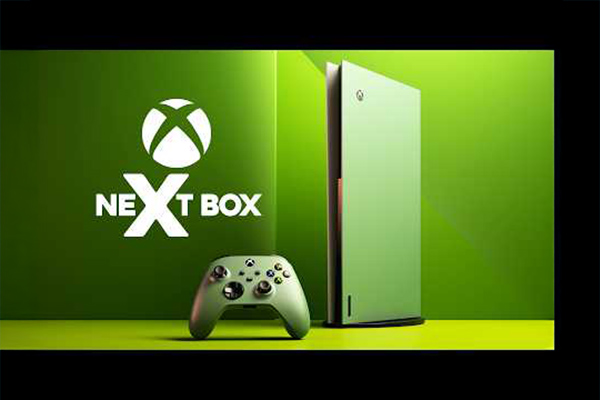Xbox is preparing a game-changing move that could redefine the entire video game industry. Microsoft’s next generation console won’t just be a step forward it’s the company’s boldest attempt yet to reinvent its brand, open up its platform, and fully embrace the PC ecosystem without abandoning its console roots that have defined it for more than two decades.
In recent statements, Sarah Bond, President of Xbox, outlined the first elements of this new era. Her message is clear: this isn’t just another console, but a platform where power, accessibility, open markets, and unprecedented integration with artificial intelligence coexist.
Most importantly, it will be fully compatible with the current game library. Microsoft has learned its lesson players won’t accept starting over every time there’s a new generation.
But there’s more. According to Bond, this new Xbox “won’t be tied to a single store or device.” That sentence, which might sound generic, actually reveals a historic shift. For the first time, an Xbox console could offer direct access to stores like Steam or Epic Games Store.
In other words, the monopoly of the Microsoft marketplace is over. Players will choose where to buy their games and run them from one unified environment.
This aligns perfectly with Microsoft’s move to partner with ASUS. Together, they’ve developed the ROG Ally Xbox Edition, a handheld console with a PC soul.
It runs Windows 11 and boots directly into an Xbox style interface, similar to the familiar dashboard. The device allows access to Game Pass, cloud gaming, and platforms like Steam, Epic, or Battle.net. It’s a major step toward Microsoft’s long standing goal: unifying gameplay, not platforms.
The Xbox Ally will launch in the 2025 holiday season in two versions: a base model with an AMD Ryzen Z2 A processor, 16 GB of RAM, and a 512 GB SSD, and an “Extreme” version with 24 GB of RAM and a 1 TB SSD.
Leaked prices range from €599 to €999. It’s a high end product aimed squarely at competing with the Steam Deck, but also with traditional consoles and portable gaming PCs.
This openness to third-party hardware confirms that Microsoft has, at least for now, shelved plans for its own handheld. Recent reports indicate that the company canceled its internal portable console project to focus on partnerships like this one.
The key is the ecosystem: it doesn’t matter who makes the device Microsoft, ASUS, or someone else. What matters is that it runs Xbox and Windows and belongs to its network.
Bond used a phrase that has stirred a lot of speculation: “Xbox consoles in your living room and in your hands.” That reinforces the idea of a dual approach: a traditional home console and a portable one, but integrated rather than opposed.
Microsoft is moving away from the rigid closed-generation model and adopting a modular concept, much like the PC world, where the device matters less than the environment it runs.
The partnership with AMD remains crucial for this generation. Bond confirmed a long term collaboration to design new custom chips with a focus on three pillars: advanced graphics, immersive gameplay, and for the first time artificial intelligence.
AI will be a central part of the next Xbox. Though details are scarce, expectations include smarter NPCs, real-time automatic translations, and gameplay that dynamically adapts to the user’s style.
While there’s no official release date yet, all signs point to 2027, following the typical generational pattern. Microsoft confirmed in February 2024 that the Xbox family would continue producing hardware, dispelling rumors that the brand would shift entirely to PC.
Still, questions remain. Will this new hardware be a natural evolution of the Xbox Series X or a complete redesign?. How will store compatibility be handled will there be restrictions? Will Steam mods be allowed on console?. These are critical issues that Microsoft has yet to clarify.
What’s clear is that the next Xbox won’t just be a console it’ll be a universal gaming hub. A bold commitment to user freedom, the removal of barriers, and a fully open experience. Microsoft wants to reclaim lost ground not only from Sony, but also from Valve, which has attracted gamers with its flexible, open PC ecosystem.
Xbox is at a crucial crossroads. If this plan works, it could shape the future of gaming. If it fails, it could spell the end of consoles as we know them.
What’s certain is that Microsoft is going all in. It’s abandoning the conservative approach and betting on a model that breaks with everything before it. And as always, the player will have the final word.

